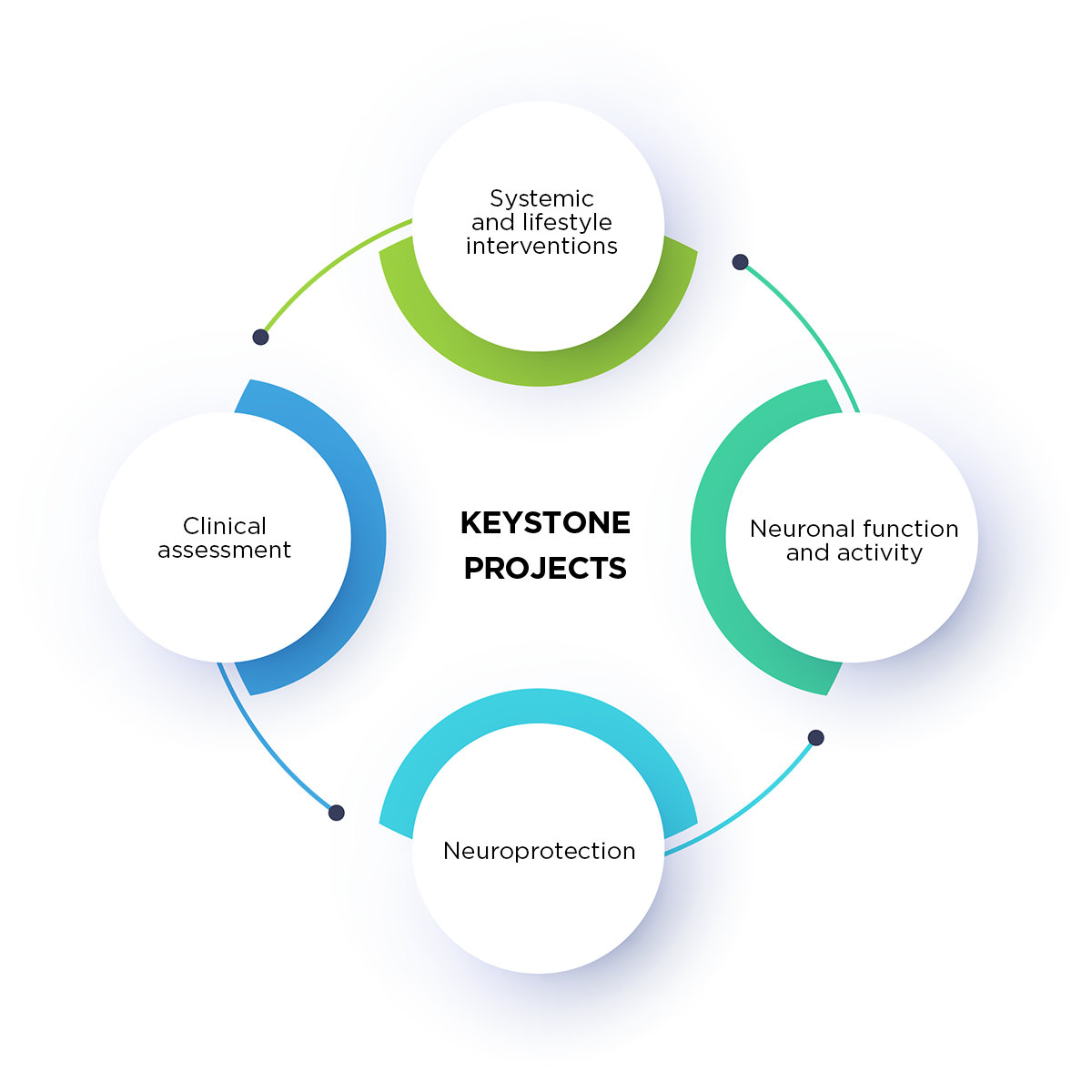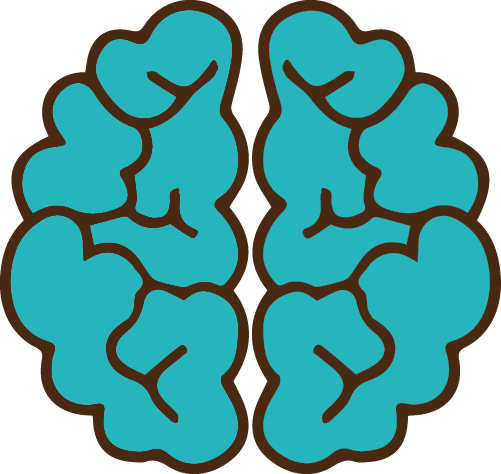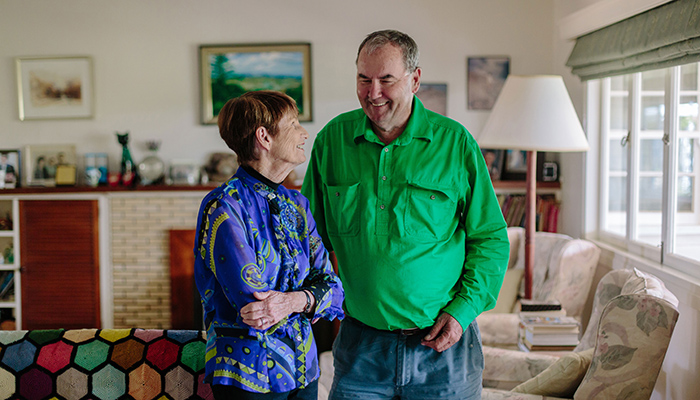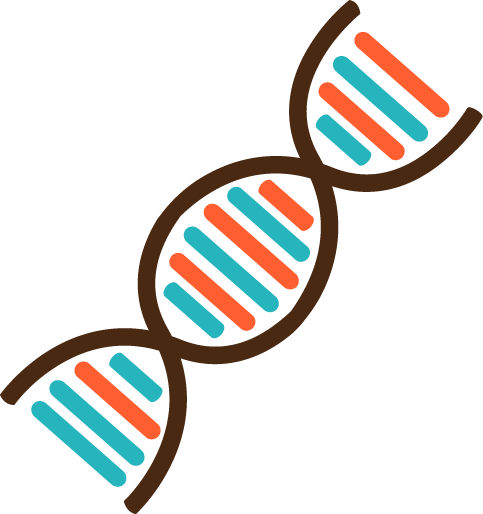The Brazil Family Program for Neurology broadly focuses on understanding disease mechanisms and progressing translational approaches for neurological disorders, including motor neurone disease (MND) and stroke.
Over the past six years, collaboration amongst the laboratories has grown over the life of the program, leading to the development of four broad keystone projects encompassing this work, which will be a focus into the future. Together QBI researchers are drawing on the diverse expertise of more than 40 researchers to advance our goals in discovery research and translation.

Contact
QBI Advancement Team
+61 7 334 66300
advancement@qbi.uq.edu.au
Mailing address
Queensland Brain Institute
Level 7, Building 79
University of Queensland
4072, St Lucia,
Queensland, Australia
Sign up for MND and stroke research news
Keystone Projects
1. Systemic and lifestyle interventions
Led by Dr Tara Walker, collaborating with Prof Gail Robinson
Research focus:
 Mechanisms and application of systemic and lifestyle interventions for neurological disorders: exercise, diet, enrichment (including development of selenium as a stroke treatment).
Mechanisms and application of systemic and lifestyle interventions for neurological disorders: exercise, diet, enrichment (including development of selenium as a stroke treatment). 2. Neuronal function and activity
Led by Dr Matilde Balbi, collaborating with Dr Adam Walker
Research focus:
 How neuronal activity controls waste clearance from the brain and prevent neurodegenerative and other brain disorders and protein aggregation (Alzheimer's, acute conditions: stroke, MND).
How neuronal activity controls waste clearance from the brain and prevent neurodegenerative and other brain disorders and protein aggregation (Alzheimer's, acute conditions: stroke, MND). 3. Neuroprotection
Led by Dr Adam Walker, collaborating with Dr Tara Walker
Research focus:
Identifying biochemical approaches for the prevention of the neurotoxicity that occurs in MND and other diseases.
4. Clinical assessment
Led by Prof Gail Robinson, collaborating with Dr Matilde Balbi
Research focus:
Improving clinical assessment for neurological disorders: detecting and predicting long-term outcomes of cognition disruption across neurological diseases (including stroke, MND, dementia, brain tumours etc).
Research Leads
The Brazil Family Foundation
 Recognising stroke and motor neurone disease (MND) had only limited treatment options prompted Lyn and Bobbie Brazil to establish the Brazil Family Program for Neurology in 2017. This enabled us to recruit world-leading researchers and support for laboratories.
Recognising stroke and motor neurone disease (MND) had only limited treatment options prompted Lyn and Bobbie Brazil to establish the Brazil Family Program for Neurology in 2017. This enabled us to recruit world-leading researchers and support for laboratories.
Thank you to the Brazil Family Foundation for its generous support of this critical research at the Queensland Brain Institute and recognition that discovery research leads to health outcomes for the future, which will benefit society at large.
Latest News
- 15 January 2026
- 4 March 2025


